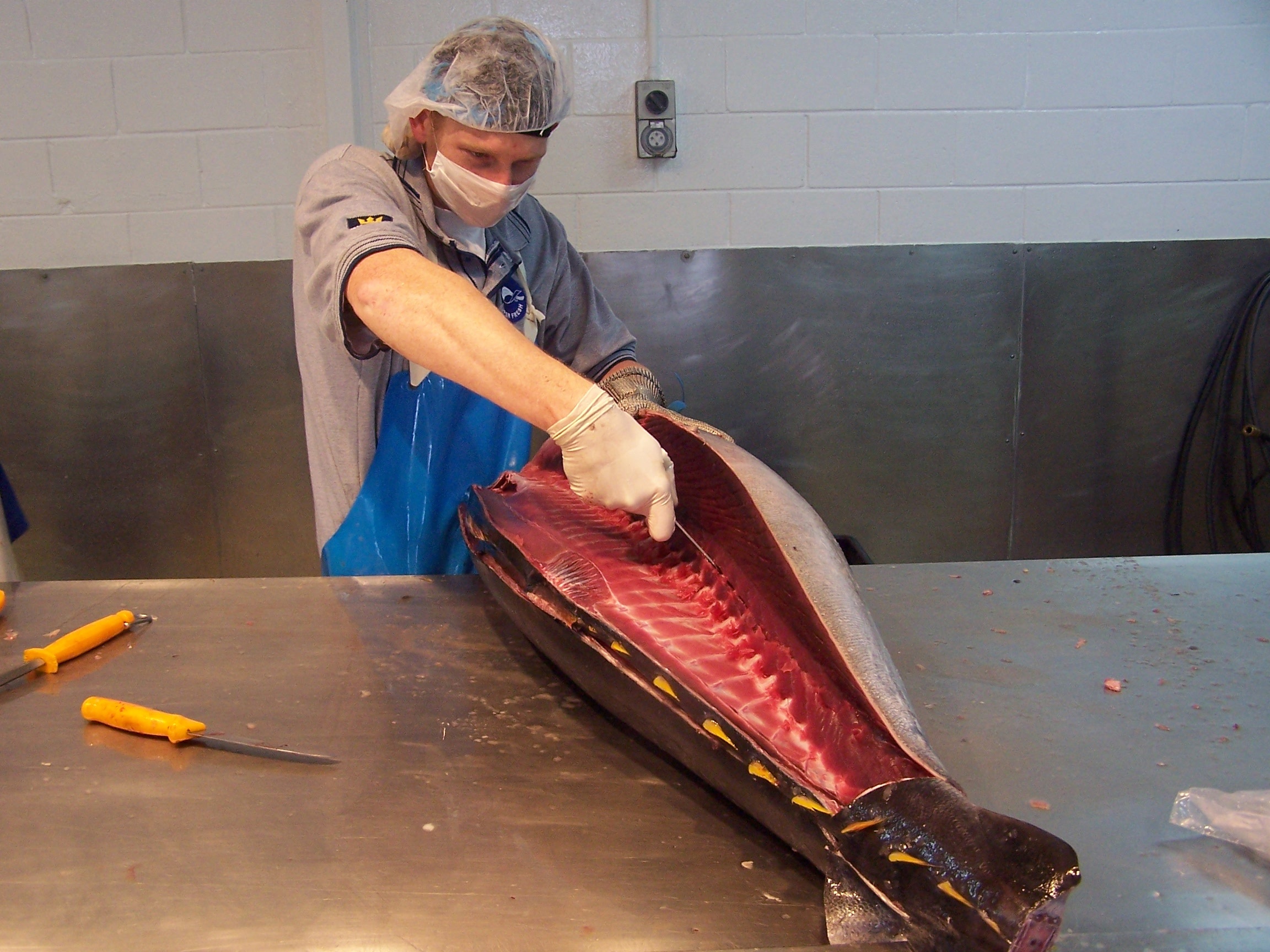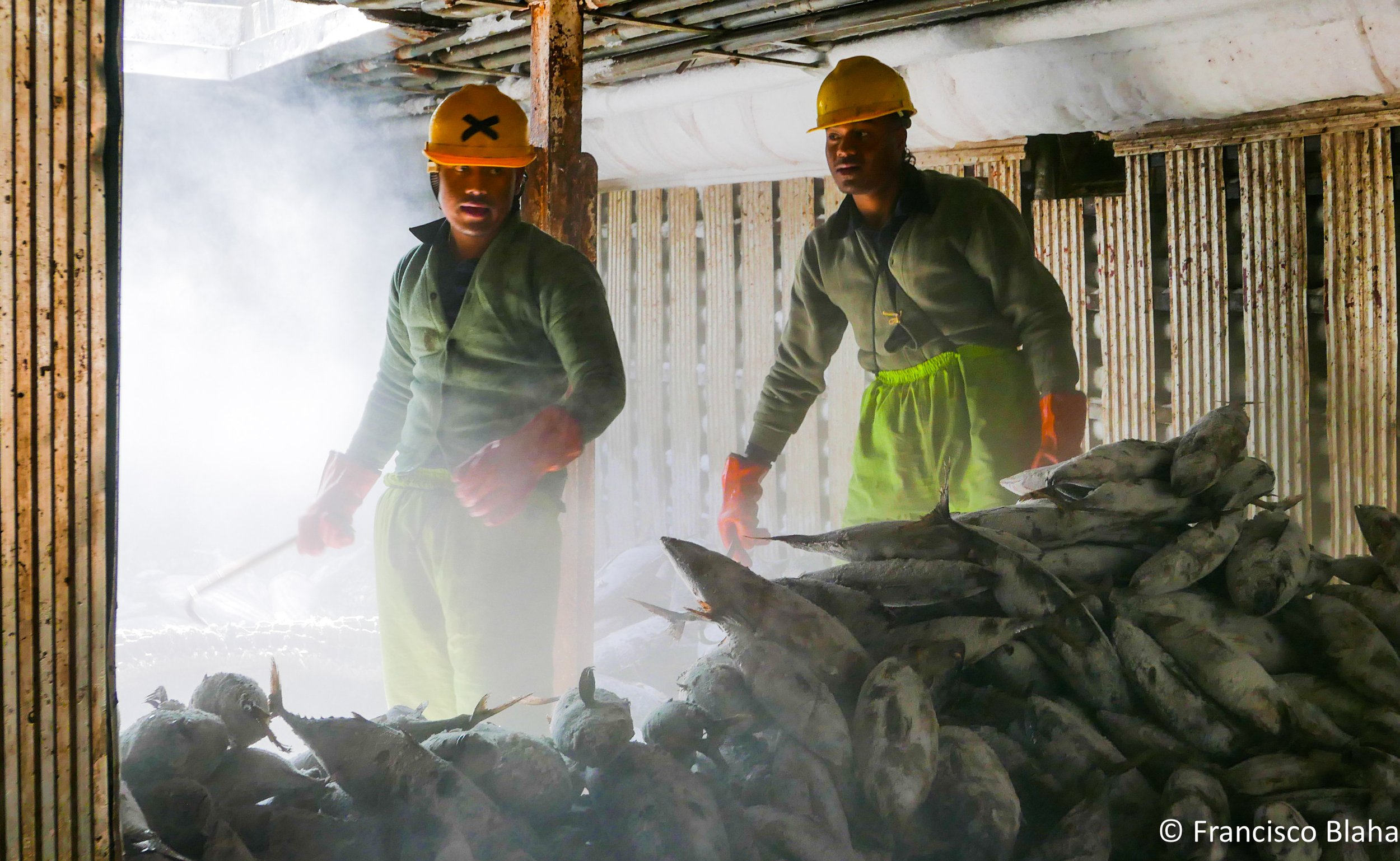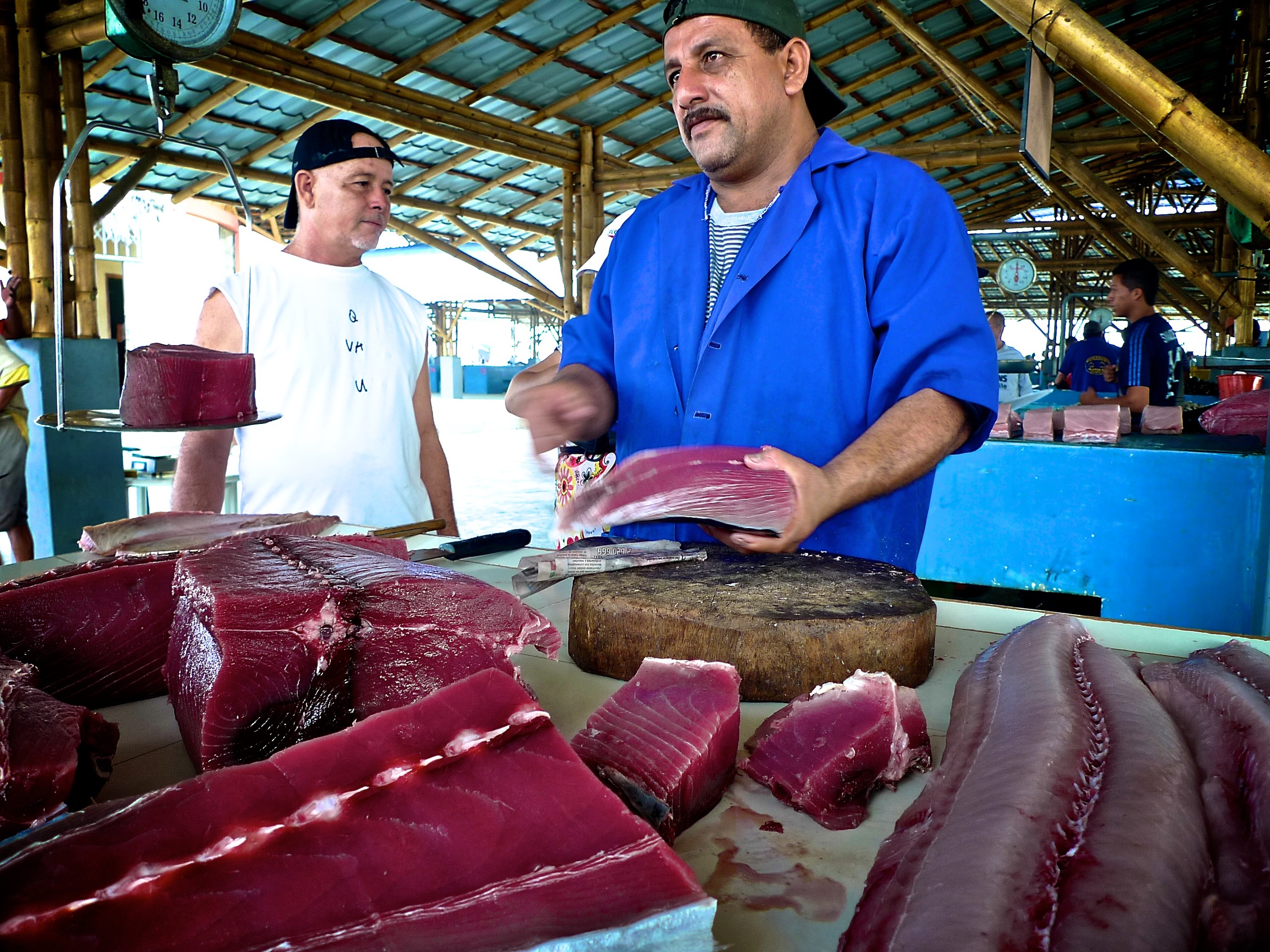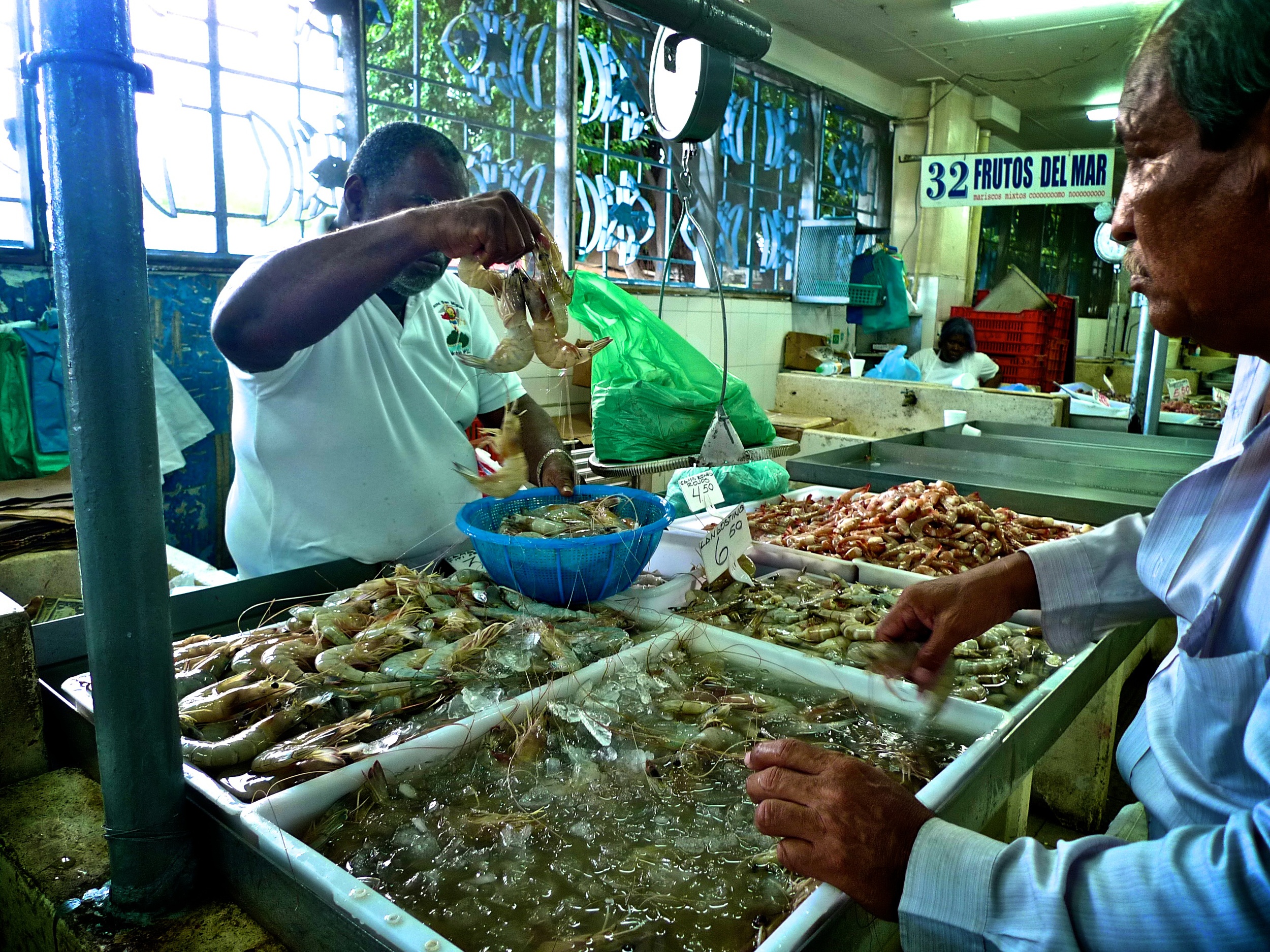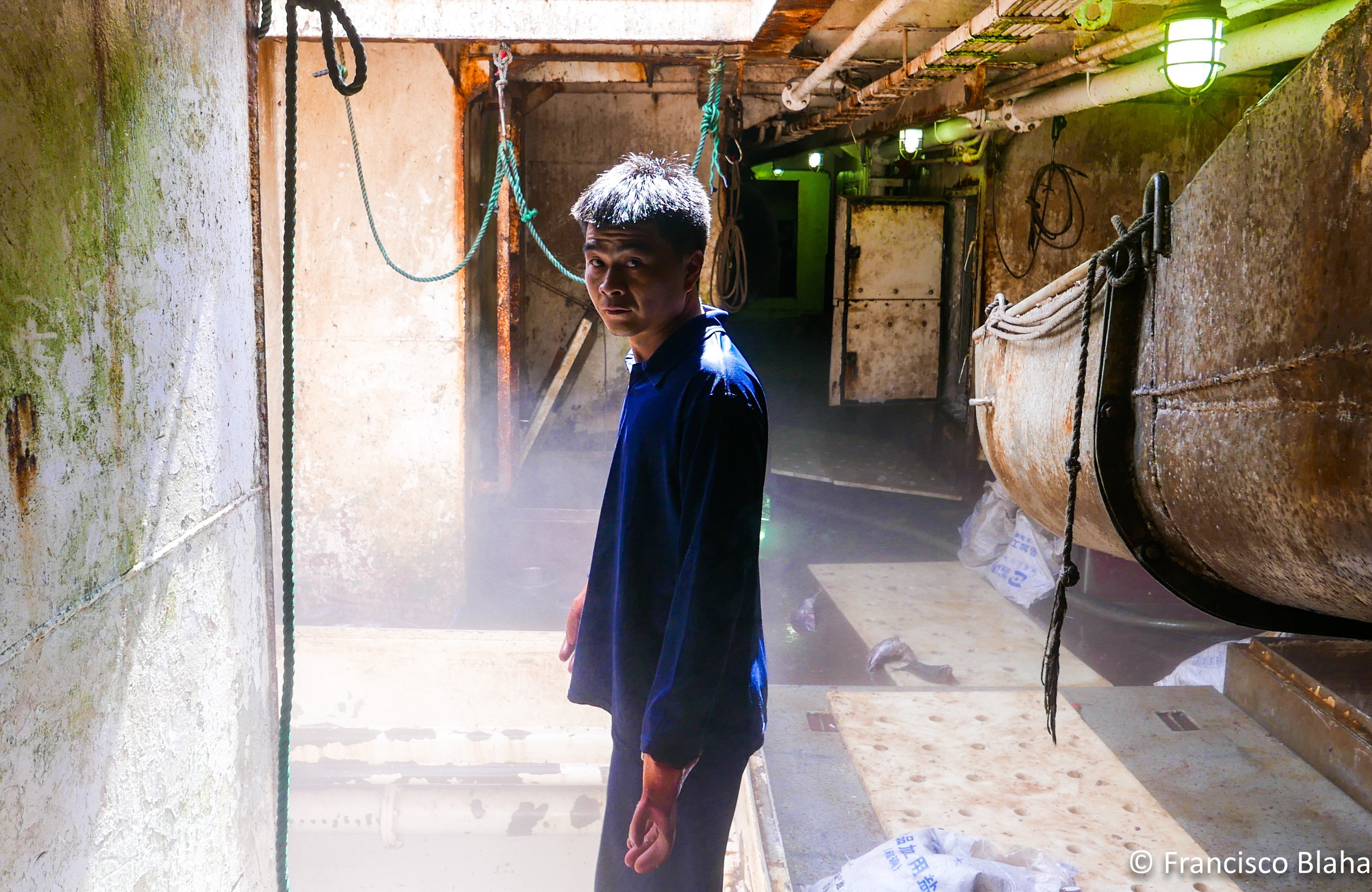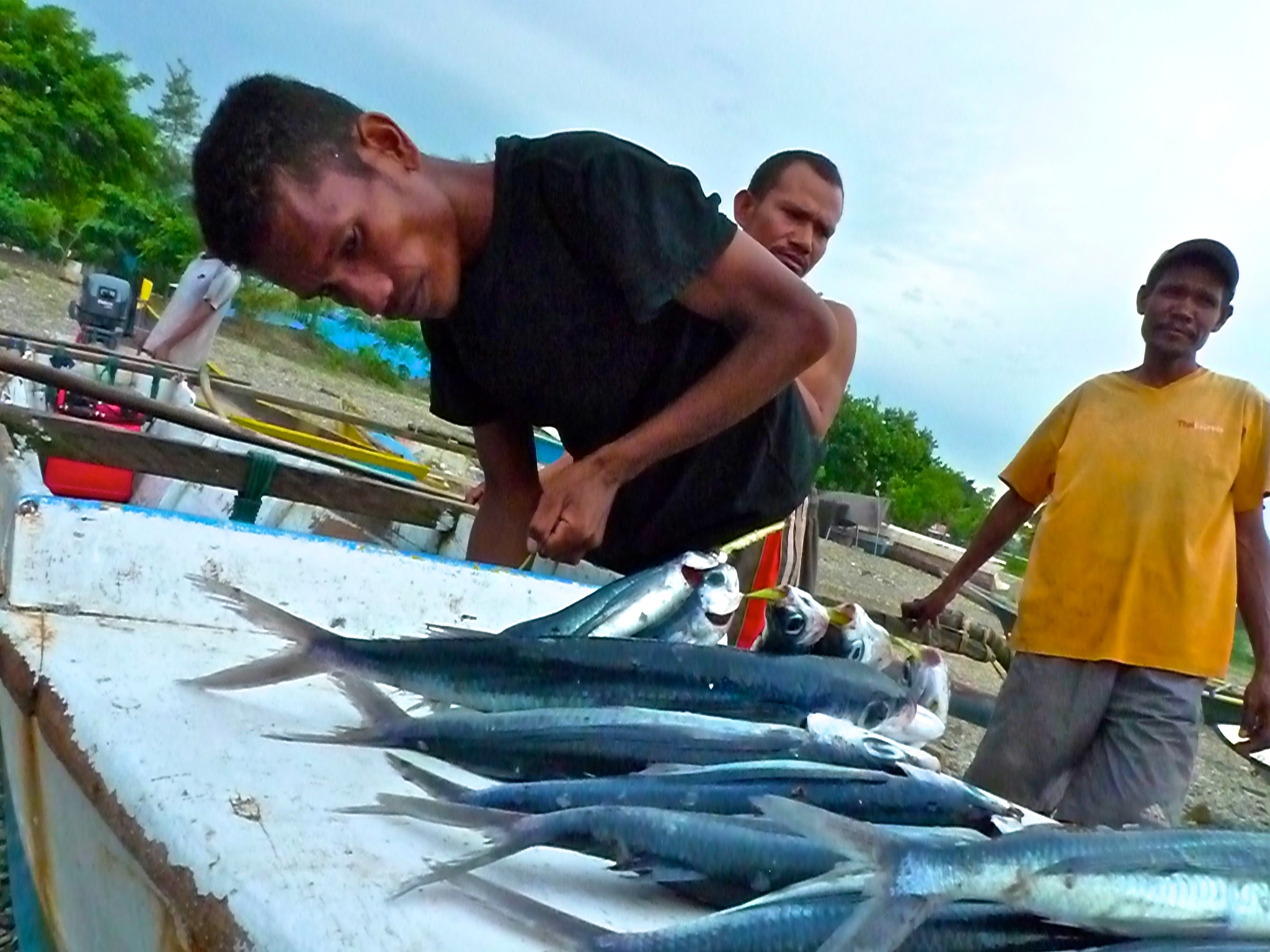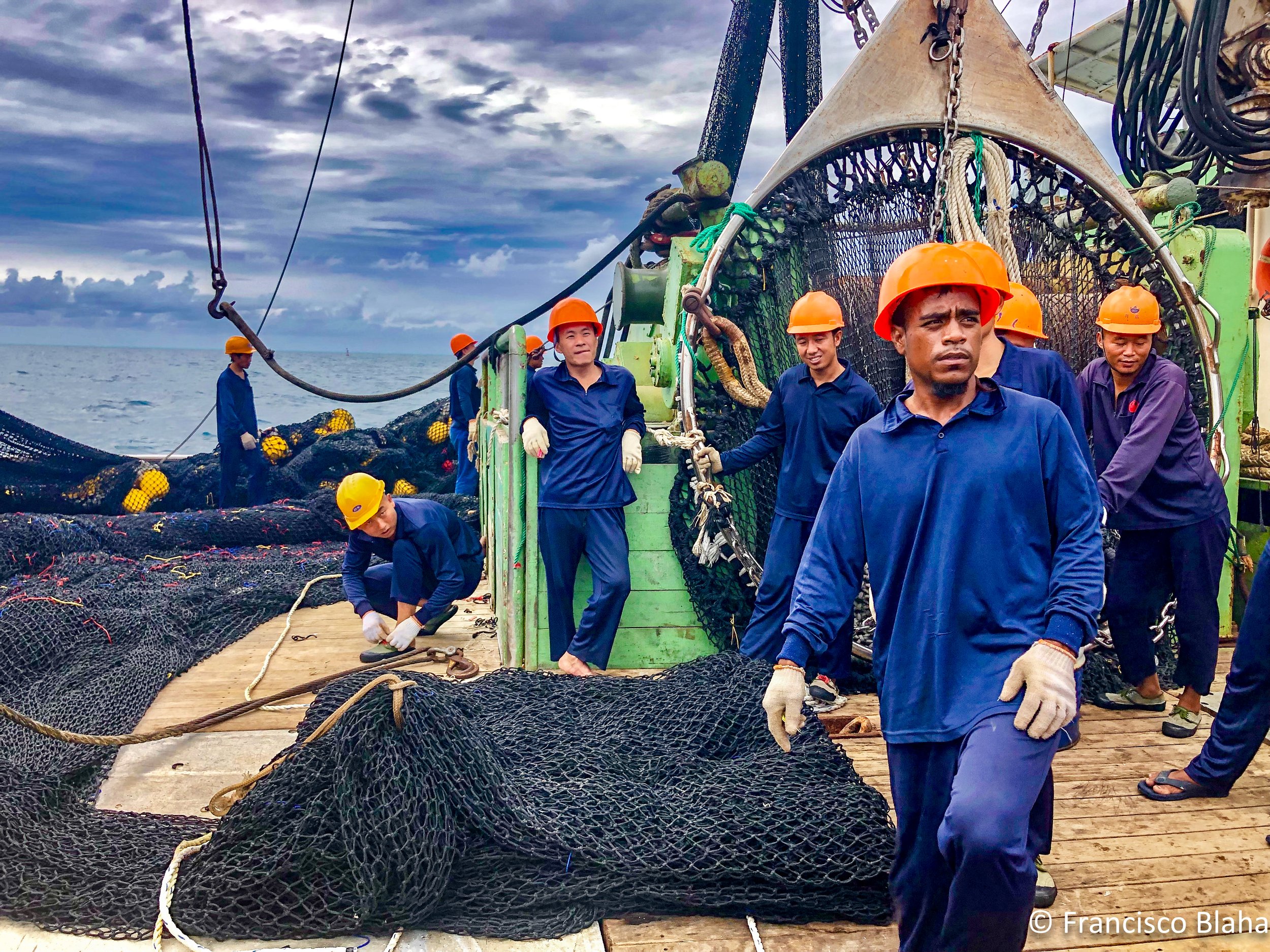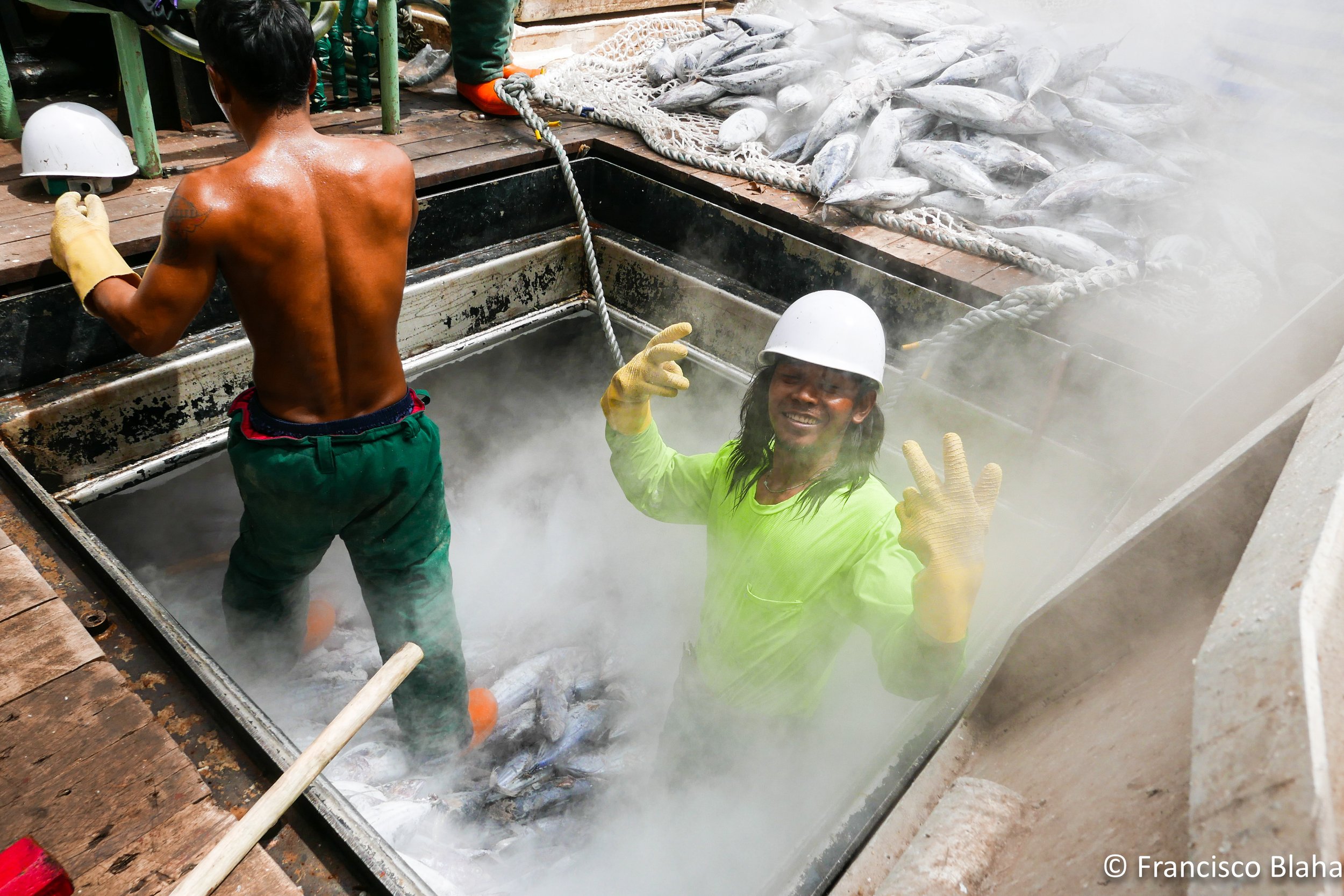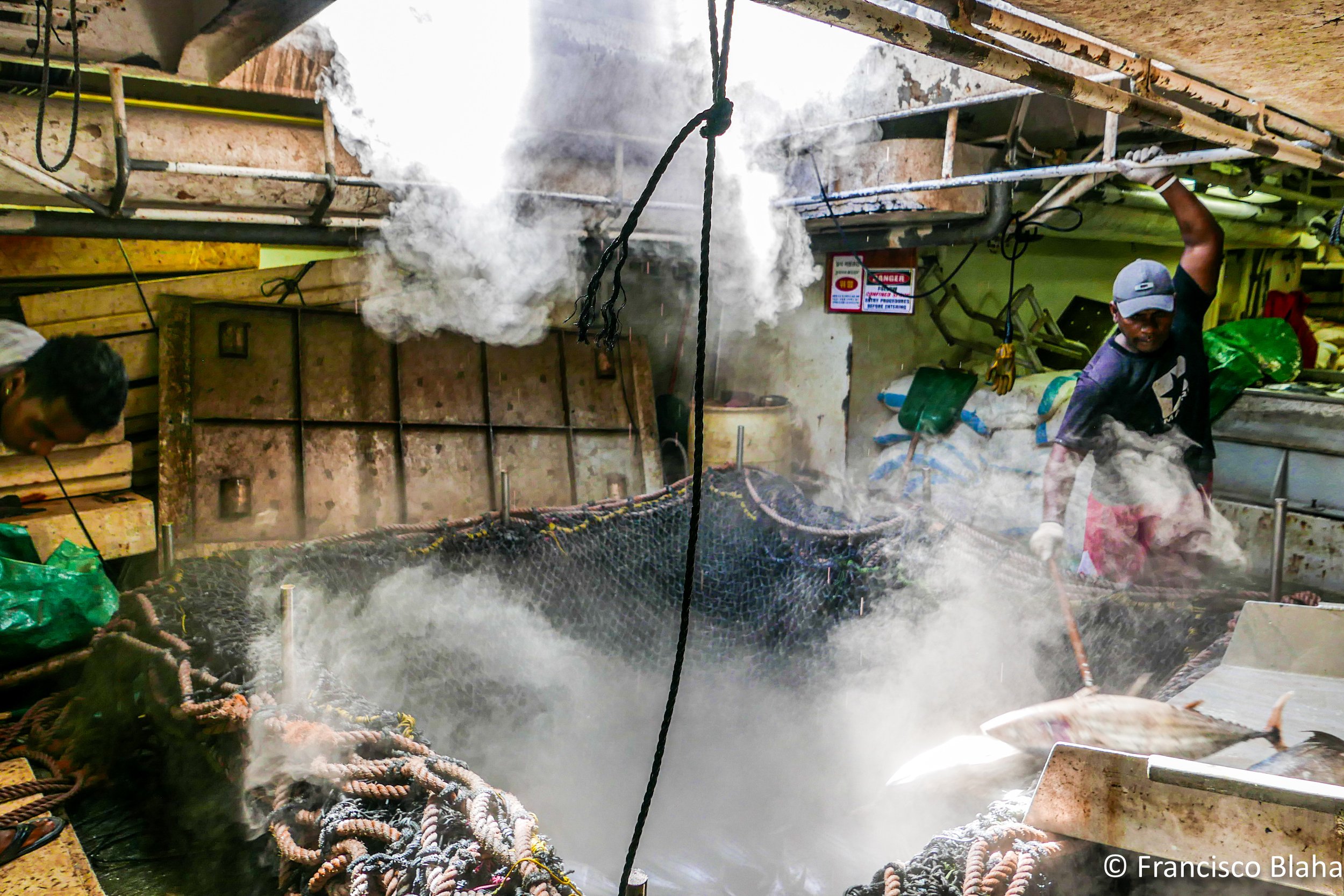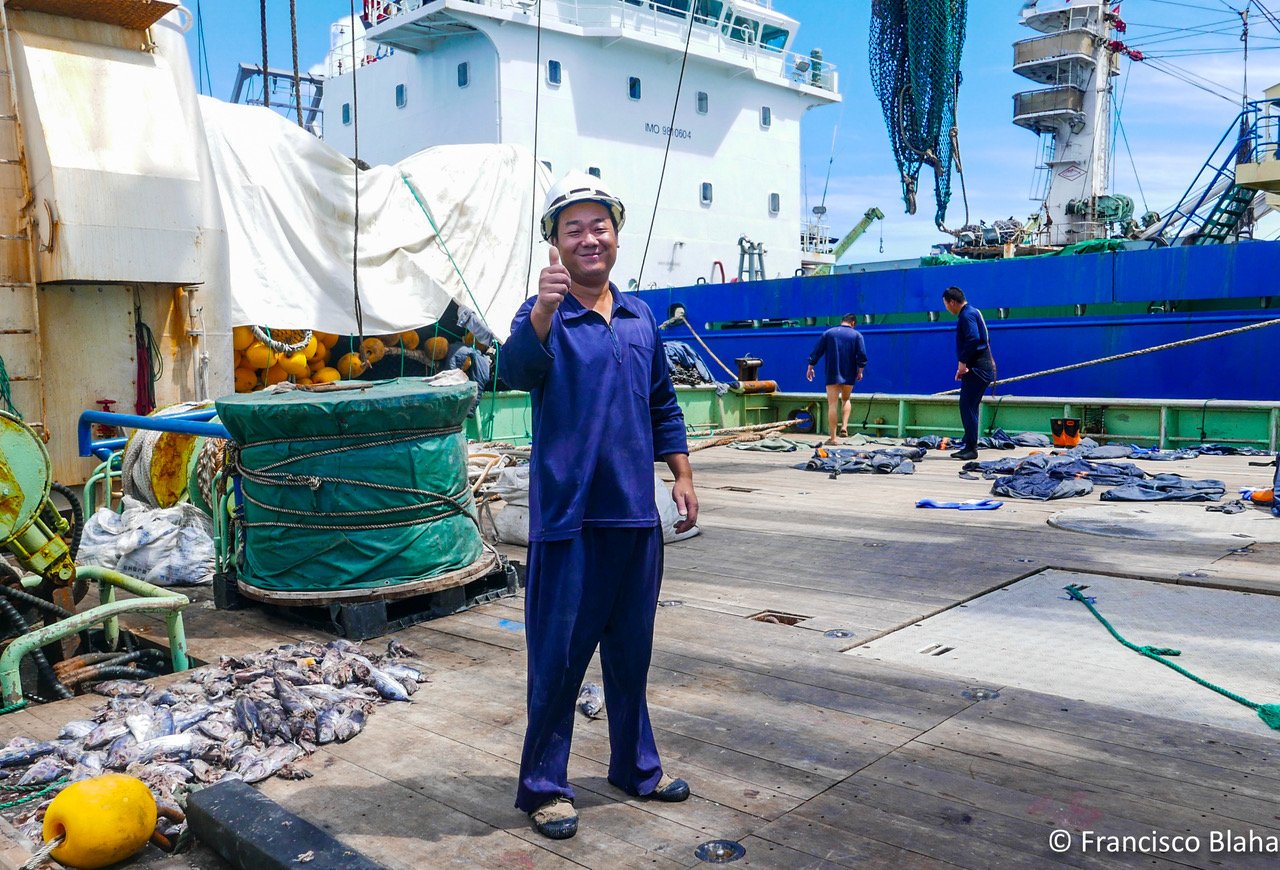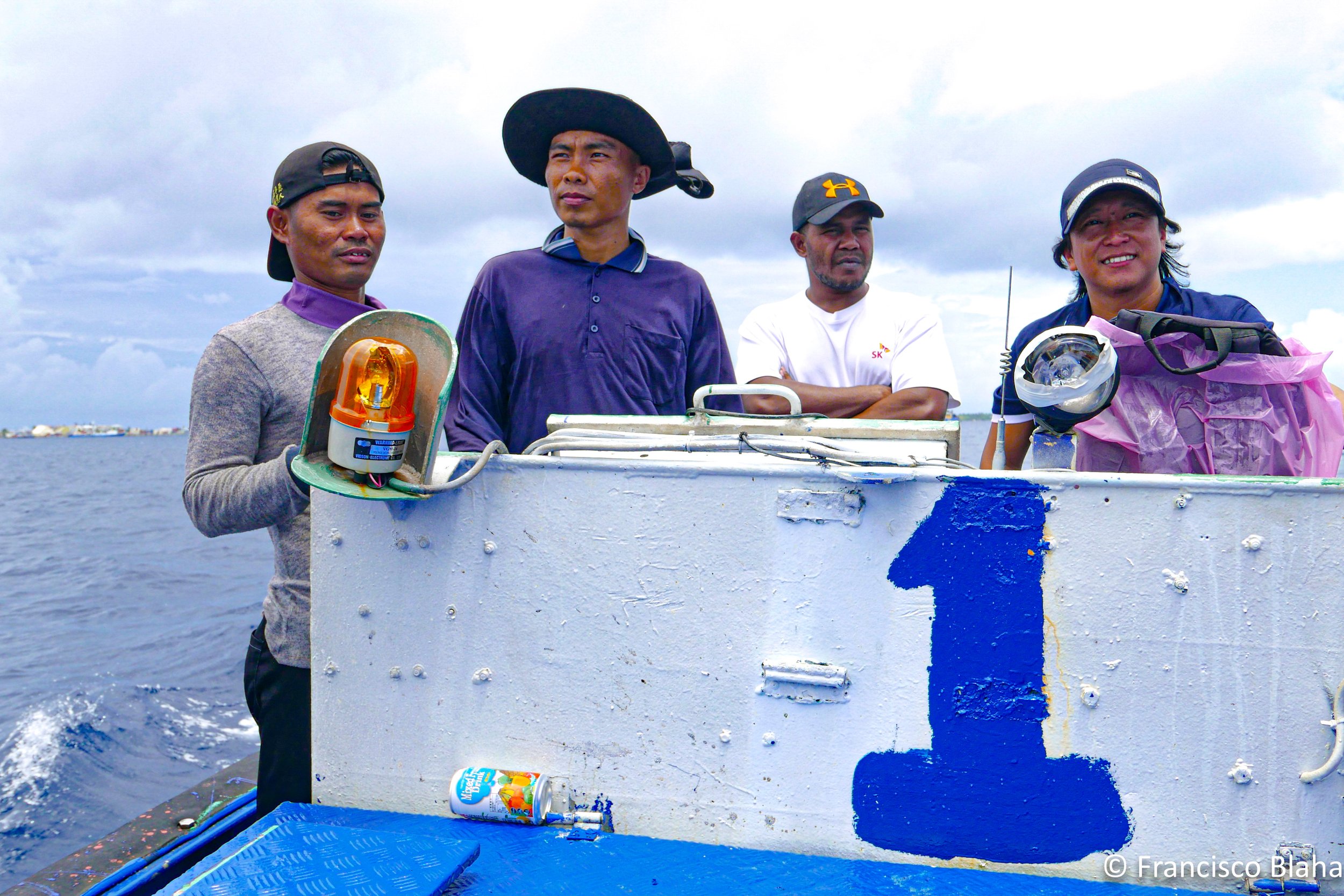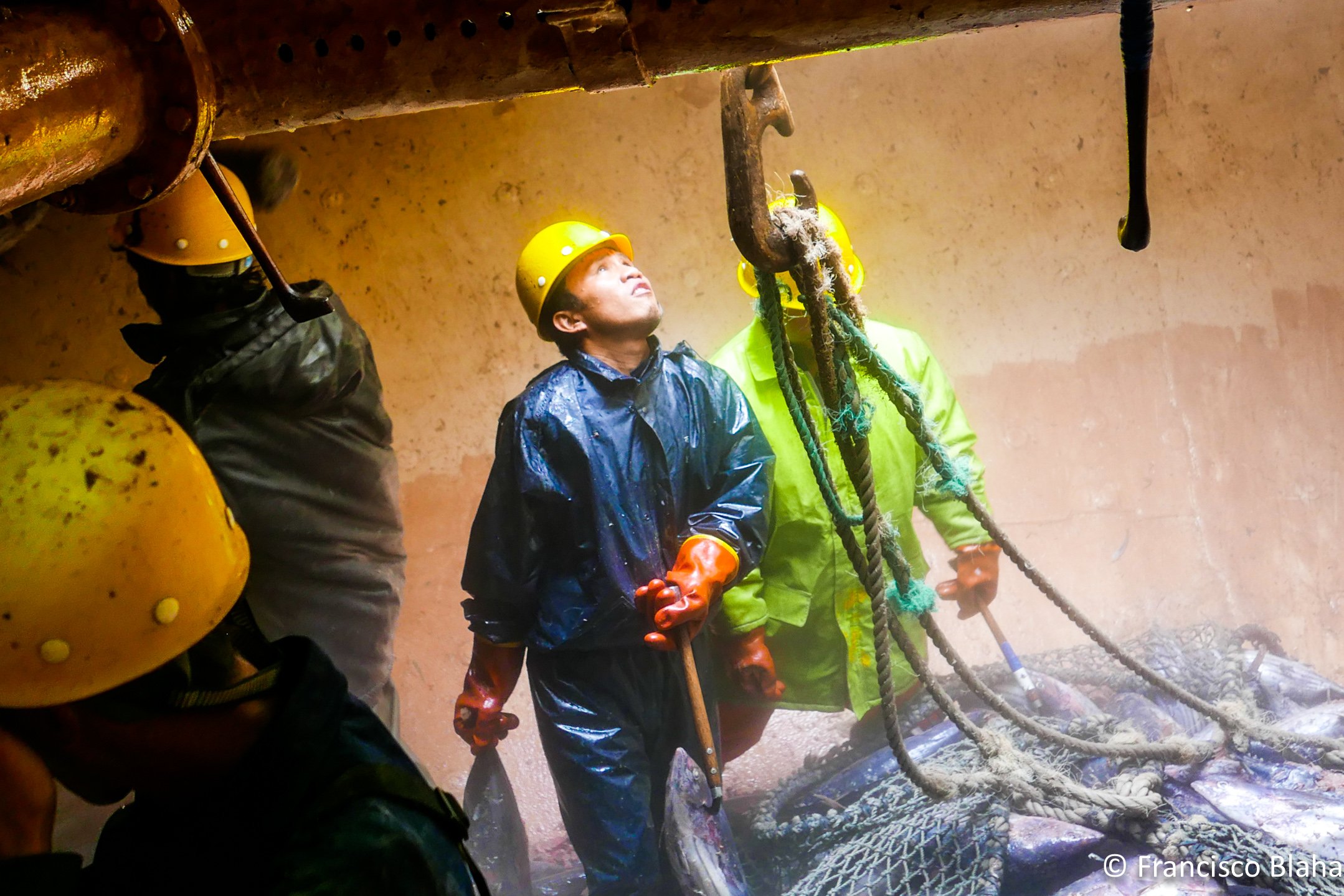Social Responsibility in Fisheries
Fish is one of the most traded food commodities in the world, and millions of people depend on fisheries and aquaculture for employment, income, and subsistence. The FAO estimates that 59,5 million individuals are actively involved in the primary sector of capture fisheries and aquaculture.
The fisheries industry is one of the world's most hazardous occupations, where securing fair working conditions for fishers and fish workers is an ongoing problem. Social problems in the sector have gathered greater importance due to the to the human and labour rights abuses found at different stages of the fish value chains, particularly in the harvesting stages.
There is increasing international concern over working and living conditions for crew on fishing vessels, especially those that spend months at sea in international waters. To date, the international community has approached the problem in a piecemeal and limited fashion. Three United Nations specialised agencies have been involved to some extent in developing appropriate labour standards for fishing vessels. Action has been taken at the regional level, including in the Pacific, and the issues are increasingly coming to the attention of human rights organisations. These efforts have emphasised the responsibility of the flag state to ensure safe and decent working conditions on its vessels but have also highlighted the complementary roles of coastal states, port states and market states within their jurisdictional limits to exert pressure on flag states to ensure they fulfil their responsibilities.
My work in this field supports international and regional organisations looking to address the problem of labour standards on fishing vessels. In light of the fragmented approach to date, work puts attention to the value of a multilateral, cooperative and coordinated approach that links global, regional and private initiatives; by bringing insider knowledge of fishing vessels and operations, with a solid understanding of compliance moniotoring schemes to find solutions to the problem of how to ensure that crew on board fishing vessels have decent work and living standards.
Besides having published on the topic, I have gained qualification as a “Inspector of labour conditions on board fishing vessels ILO-C188” and on the “Development and management of inspection systems of labour conditions on board fishing vessels” by the International Labour Organization - International Training Centre from September to November 2022.
